IBM Develops Barista Drones That Know When You Need Coffee

We’ve heard of drone delivery, but never like this.
Earlier this month, legendary computer company IBM was issued a patent for “DRONE DELIVERY OF COFFEE BASED ON A COGNITIVE STATE OF AN INDIVIDUAL.” According to the patent, IBM has developed a system to take data from smart watches, cameras, and analyses of a person’s past behavior to measure their “sleep cycle, bed time for the last N days, a joint measure of the characteristic for two people…current blood pressure, or heart rate.”
Based on these measurements, IBM’s new system would then be able to determine whether you were falling behind in your productivity and might need a burst of caffeine. A drone would then fly in and deliver you a cup of coffee. It’s not clear what sort of drones would be used for this purpose – most indoor drones are much too small and don’t have the lift capacity to carry a cup of liquid without dropping and/or spilling it, and it would be odd if this system could only bring you coffee outdoors.
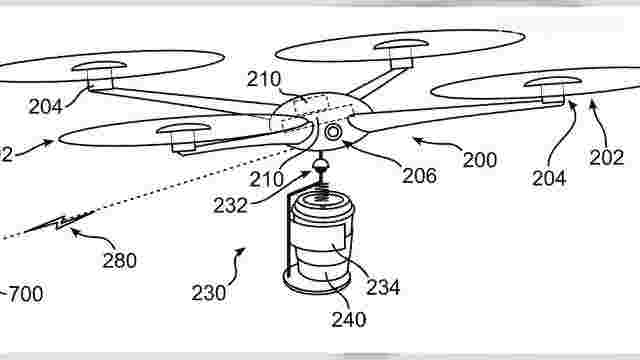
Indeed, the system described in the patent seems to be specifically catered to office workers. The drone described could bring coffee to an office or any other room full of people and contextually decide who in the room is most in the need of caffeine: “If it is known that a meeting participant is meeting with a senior supervisor, and the participant prefers coffee when under stress, the confidence level [in the premise that said participant wants coffee] can be increased”. The drone system could also use a person’s calendar to see if they have a big meeting or any other major life event that might require an extra burst of energy.
The new IBM patent also seems to suggest that this technology could be used in bars like a flying waiter to deliver alcohol. The drone system described in the patent could look for indicators of tiredness (like drooping eyelids or slackened muscles), unsteadiness, and slurred speech in order to determine if a person has drunk too much alcohol. The drone would also use facial recognition to determine if a given customer was a minor. As described, the drone would then ignore any customer that met these conditions if they tried to flag it down, denying them from drinking further. We at Dronethusiast have a suggestion: maybe this is exactly the moment at which the other drone should deliver the drunkard some coffee.
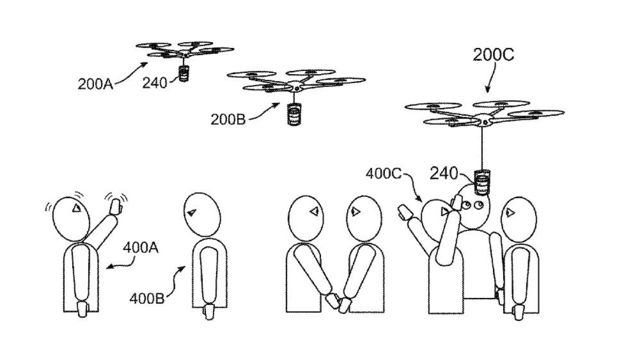
Jokes aside, there are obviously a lot of potential problems with the proposed system. Are customers going to be willing to give all their personal information to a company like IBM just so that they can get their coffee a little quicker? If you’re at a meeting and you look tired, is there any way to tell the coffee drone that you don’t want caffeine (a dietary choice that many make.)
Will bars have to be rebuilt with larger entrance and exit ways and higher ceilings to accommodate a small army of drone waiters? Can you order a drink from the bar drone, or does the terminology of “waving down” the quad mean that you have to take whatever they’re serving? Will there be protections in place for when the bar drone refuses to serve to somebody who’s had too much and – being drunk – the patron decides to try and take a drink anyway?
IBM doesn’t seem particularly concerned by any of these potential pitfalls. A spokeswoman for the company, Amanda Carl, said in an E-mail to USA Today that “IBM encourages our researchers to pursue their interests even though not all of their inventions become commercial products. By publishing their inventions as patents, we give our researchers the recognition they deserve and make their work public, so it can inspire new innovations.”
In short, this patent is probably more about getting an idea into the public consciousness (and making sure IBM is the only company that can profit from it) than it is about making an actual system like this any time in the near future. It may also be a response to a February patent from Amazon, which secured the rights to a similar kind of predictive restaurant ordering designed for food instead of drinks.
Some, like the University of Washington School of Law’s resident drone expert, Ryan Calo, have suggested that these sorts of deliveries are little more than patent PR stunts and that the technology described won’t exist for several years, if at all. Others think that this technology might have a future as a kind of “food theatrics” event, like Japanese conveyor belt sushi restaurants or those restaurants in malls that bring you food on a toy train.
What do you think? Are beverage delivery drones the way of the future? Or is this just another pipe dream in the field of drone technology? Let us know in the comments!

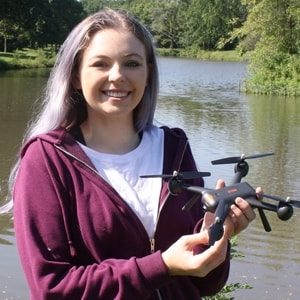
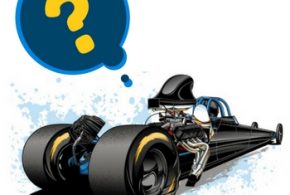
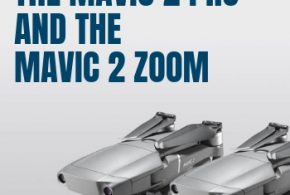
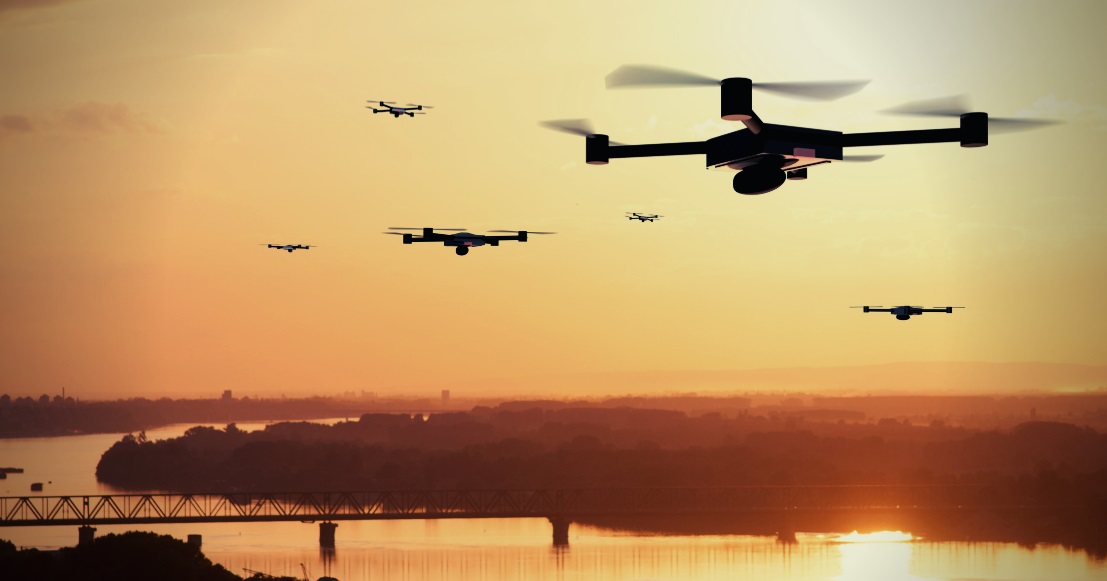
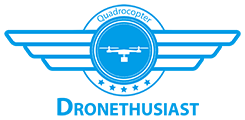
It’s interesting to see that there is technology moving forward for voice control drones.
I’m a quadriplegic and I have the AEE Pro 10 drone which is fairly easy controled especially with the GPS and hover. I had a couple of big helicopters before that we’re almost impossible for me to fly.
I would love to get a chance one day to earn my FAA 107 license and be able to test new models that come out with voice control. It’s exciting!
Voice controllers are coming, but for very simple tasks.
This idea just mocks the drone industry and shows IBM as a “has been” IP where. I wonder if IBM engineers have even flown a drone. Creativity at IBM is non existent, bunch of MBAs must had gotten a cheap deal on their patent lawyers last year and threw a PR dog bone to the tech press.
A drone with Insulin missiles would be useful.